One of the most difficult challenges that a preteen could experience is peer
pressure. This is the crucial time when the preteen longs for acceptance among
his peers. Oftentimes, he would succumb to any request just so he could obtain
his peers’ approval.
As a parent, however, you should know how to determine if your child is already showing the negative effects of peer pressure. To help you in identifying these negative effects, here are some steps you may want to apply.
Observe any changes in your preteen’s behavior
If there are any changes in his behavior, this would mean that he may be under peer pressure. He may have mood swings; one moment he is happy, and then the next moment, sad. He may also stay preoccupied at times not being able to focus.
He may have bouts of silences in which he would stay in his room for long periods of time. If any of these happens, you should proceed to the next
step - find time to have a heart to heart talk with him.
Have a heart to heart talk with him
Talking with your preteen would help him open up and destress. Encourage him to open up by not being judgmental and threatening. You could never identify if the negative changes in your child is because of peer pressure, if you do not listen. Listen more and talk less.
Ask questions that would allow him to answer in longer sentences. Take note of nonverbal messages from his actions. You could also ask direct questions if the situation warrants it.
Once you have identified the specific peer pressure experienced by your preteen, you can then identify the negative effects.
Assess and identify the negative effects of peer pressure on your child
After your talk with your child, you can now identify the negative effects that peer pressure exerts on your child. You could be able to do so by assessing the root cause of his behavior, through your conversation, based on his verbal and nonverbal cues.
You can also observe further his interactions with his peers. If he just came home from an outing with them, and he started becoming irate, then that is one indication.
You could apply these steps to help your child cope with peer pressure. As a parent, only you know your child well. Listen to what your heart tells you, and show your child how much you love him.
When you do this, he may be able to deal peer pressure with a positive attitude because he knows he would always be loved by his family, no matter what.


















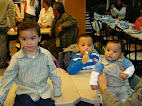
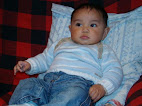

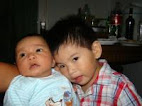



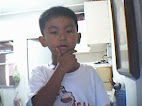














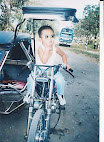



0 comments:
Post a Comment